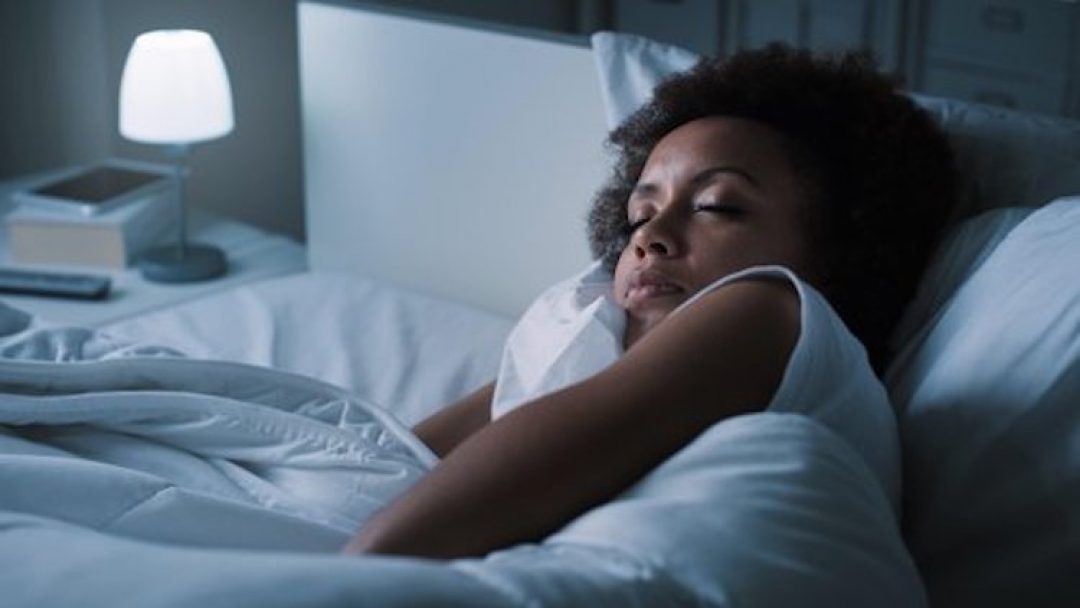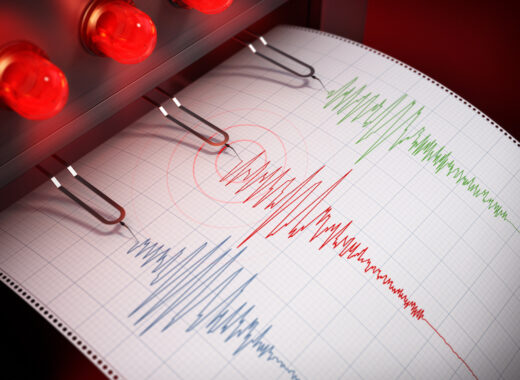According to researchers at NYU Langone Health’s School of Medicine, we have beliefs about sleep that can actually be detrimental to our health. A study was recently published in Sleep Health that detailed the dangers of preconceived notions about sleep.
“There’s such a link between good sleep and our waking success. And yet we often find ourselves debunking myths, whether it’s to news outlets, friends, family or a patient,” said Rebecca Robbins, a lead study investigator and fellow in the Department of Population Health at NYU Langone Health.
The study looked at thousands of websites that relayed information about sleep, and they presented the beliefs to a team of sleep experts. The sleep experts determined which beliefs were false, and they ranked them by degree of falsehood and the health impact of each.
Ten myths that can affect your health are:
Adults should have five or fewer hours of sleep
“It turns out a lot of people felt less than five hours of sleep a night was just fine. That’s the most problematic assumption we found,” said a study investigator, Girardin Jean-Louis.
Adults should get 7 and 10 hours each night, but the CDC reports that one-third of Americans sleep less than 7 hours.
“We have extensive evidence to show that sleeping five hours a night or less, consistently, increases your risk greatly for adverse health consequences, including cardiovascular disease and early mortality,” said Robbins.
Poor sleep can cause: high blood pressure, a weakened immune system, weight gain, a lack of libido, mood swings, paranoia, and depression. There is also an increased risk of diabetes, stroke, dementia and some cancers.
A healthy person can fall asleep anywhere
Sleep experts say those who can fall asleep anywhere at any time are suffering from a lack of sleep.
“Falling asleep instantly anywhere, anytime, is a sign that you are not getting enough sleep and you’re falling into ‘micro sleeps’ or mini-sleep episodes,” Robbins said. ‘It means your body is so exhausted that whenever it has a moment, it’s going to start to repay its sleep debt.”
The buildup of adenosine in the brain is what is responsible for falling asleep. When you have a good night’s sleep, the levels are reduced.
The adenosine levels rise when you don’t get enough sleep, and it creates a sleep load or sleep debt.
Your brain and body can adapt to less sleep
This is false because your body cycles through four phases of sleep.
You sleep lightly in stage one and become disengaged in stage two. Stage two is where you spend the majority of sleep time. Stages three and four are the deepest and most restorative stages of sleep and rapid eye movement sleep.
“During REM, the brain is highly reactive. It almost looks like your brain is awake if we hook you up to two more electrodes and were able to modify your brain waves. The deeper stages of sleep are really important for generation of neurons, repairing muscle and restoring the immune system,” Robbins said.
When you wake up from a deep sleep, you’ll be groggy and fatigued. Studies show mental performance can be affected for up to 30 minutes.
Snoring is mostly harmless
According to the National Heart, Lung and Blood Institute, snoring can be a marker for sleep apnea. Sleep apnea is a dangerous sleep disorder that can increase the risk for heart attacks, atrial fibrillation, asthma, high blood pressure, glaucoma, cancer, diabetes, kidney disease, and cognitive and behavior disorders.
“Sleep apnea is extremely exhausting. These patients sleep and then they wake up over and over; then they are fighting sleep all day long because they’re so exhausted. It’s also very underdiagnosed. We believe it affects about 30% of the population, and around 10% are diagnosed,” Robbins said.
Drinking alcohol before bed helps you fall asleep
Alcohol can help you fall asleep, but it will trap you in the lighter stages of sleep and reduce your quality of sleep.
“It continues to pull you out of rapid eye movement and the deeper stages of sleep, causing you to wake up not feeling restored,” Robbins said.
Stay in bed with your eyes closed if you can’t sleep
Sleep experts say trying to fall asleep for more than 15 minutes isn’t the smartest move. “If we stay in bed, we’ll start to associate the bed with insomnia,” Robbins said.
It takes a healthy sleeper 15 minutes to fall asleep. If you can’t sleep, get out of bed and do a mindless activity. Robbins recommends keeping the lights low and doing something boring.
Lying in bed actually won’t help you be rested either.
It doesn’t matter when you sleep
“We recommend that people have a regular sleep schedule because it controls what we call the biological clock, or circadian rhythm, of the body,” Jean-Louis said. “That controls all the hormones of the body, body temperature, eating and digestion, and sleep-wake cycles.”
When your inner clock is out of whack, you’ll feel disoriented, mentally foggy, and sleepy when you should be functioning at optimal levels.
Studies show that those who have unusual sleep hours have an increased risk for heart disease, ulcers, depression, obesity, and certain cancers. They also experience a higher rate of workplace accidents and injuries.
Watching TV in bed helps you relax
Watching television and using your smartphone can set you up to have a poor night’s sleep.
“These devices emit bright blue light, and that blue light is what tells our brain to become alive and alert in the morning,” Robbins explained. “We want to avoid blue light before bed, from sources like a television or your smartphone, and do things that relax you.”
Blue light affects the release of melatonin, the sleep hormone, says the National Sleep Foundation. Watching TV or using a cell phone within two hours of falling asleep will cause you to have a difficult time falling asleep, have less REM sleep, and you’ll feel groggy even if you do sleep eight or more hours.
Hitting snooze is great!
“Resist the temptation to snooze, because unfortunately, your body will go back to sleep — a very light, low-quality sleep,” Robbins said.
When you use the snooze button, you’ll fall back into a new REM cycle. When the alarm sounds a few minutes later, you’ll wake up from the middle of a new REM sleep, and you’ll be groggier and stay that way longer.
Remembering your dreams means you slept well
“That’s a myth, because all of us do experience dreams four to five times a night,” Jean-Louis said. “And we don’t remember because we’ve not woken up and disrupted our sleep.”
Those who frequently remember their dreams have higher brain activity and wake up twice as often during the night. are were more sensitive to sounds while asleep and awake, as well.
“Now, I will tell you if you have a dream with a strong emotional context, it may come back to you at say, two o’clock in the afternoon, when you have some downtime to relax,” Jean-Louis said. “Sometimes, something would trigger that. But if it is a weird little mundane dream, most of us who sleep well don’t remember those.”
Conclusion
These myths prove that we could all use better education when it comes to good sleep practices. Good sleep is vital because no amount of caffeine can reverse the effects of insufficient sleep.
“Sleep is a highly active process,” she said. “It’s crucial, actually, in restoring the body and is in fact the most efficient, effective way to do so.”








